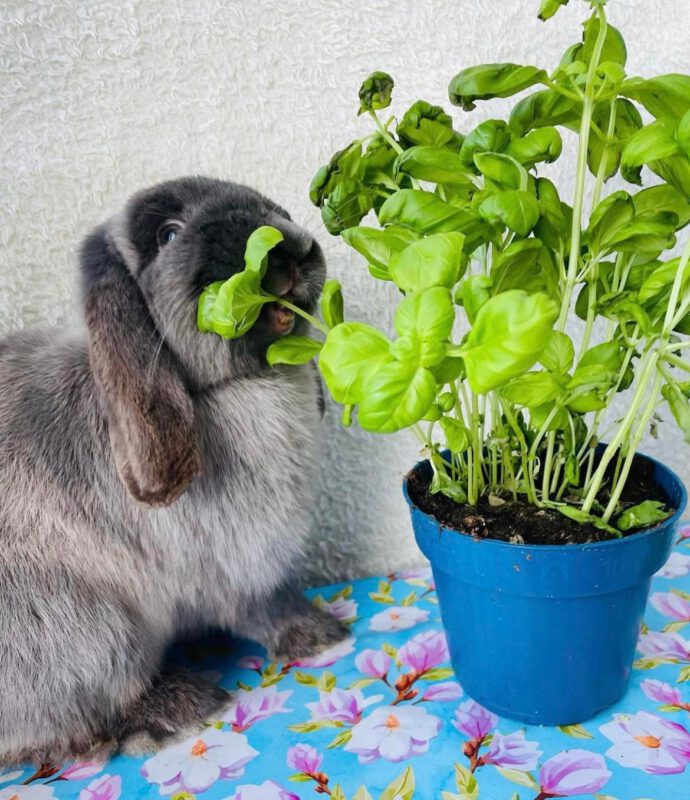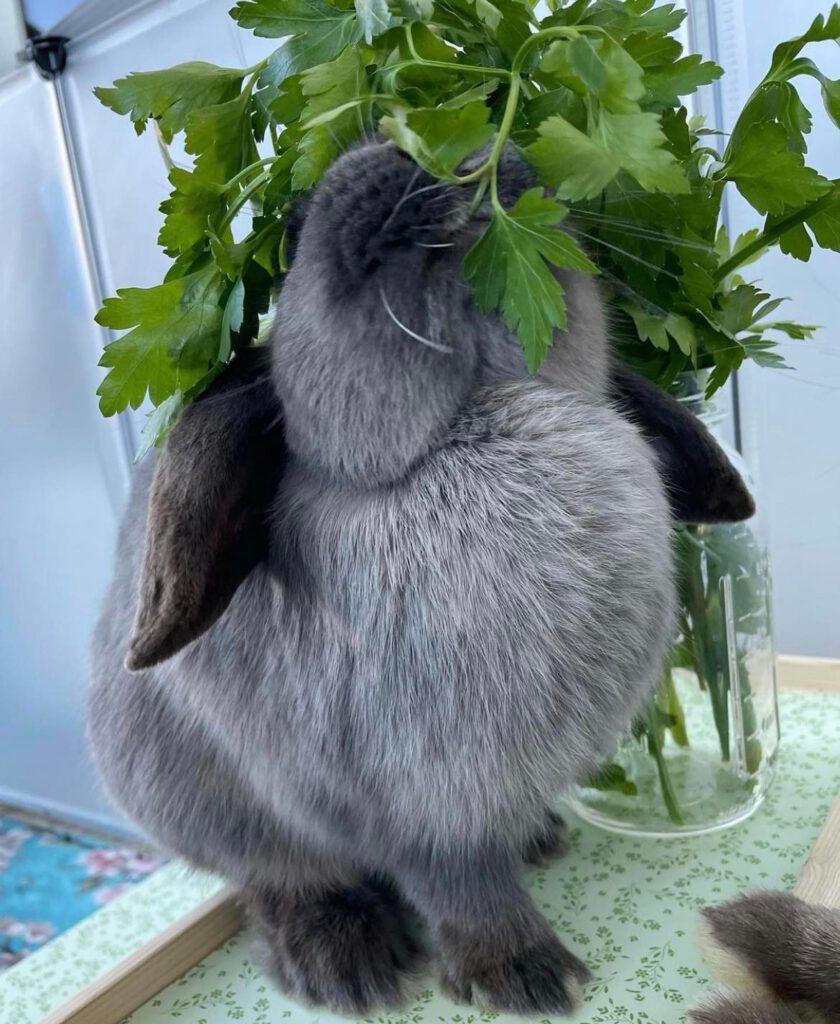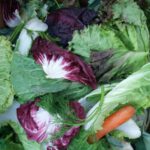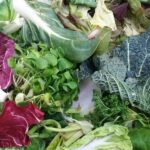Contents
Basil
Basil is a popular choice for rabbits and is known to stimulate appetite, relieve cramps, aid digestion, calm the nerves, reduce inflammation, and act as a diuretic.

Mugwort
Mugwort can be offered to rabbits. It stimulates the appetite, aids digestion, and is eaten to help prevent intestinal parasites.
Savory
Savory is safe to feed to rabbits.
Borage
Borage can be offered to rabbits. It has calming, detoxifying, anti-inflammatory, mucus-loosening, and sweat-inducing properties.
Dill
Dill is loved by rabbits and stimulates the appetite, promotes digestion, relieves cramps, has calming properties, and can help increase milk production in lactating rabbits.

Tarragon
Tarragon is safe to feed. It promotes digestion, acts as a diuretic, aids in preventing intestinal parasites, and supports bile flow.
Chamomile
Chamomile is occasionally consumed in small amounts. It has antibacterial, drying, calming, blood-purifying, anti-inflammatory, diuretic, antispasmodic, pain-relieving, and sweat-inducing properties.
Chamomile tea should never be applied to the eyes!
Nasturtium
Nasturtium is eaten in small amounts and works like an antibiotic against bacteria. It also has antiviral properties, fights yeast infections, relieves pain, loosens mucus, promotes wound healing, and supports digestion. It is ideal for colds.
Chervil
Chervil is a favorite of rabbits and has appetite-stimulating, diuretic, metabolism-boosting, and blood-purifying effects.
Cilantro (Coriander)
Cilantro stimulates appetite, promotes digestion, and relieves cramps, making it a great food for supporting digestion.

Cress
Cress is rarely eaten but can be offered. It promotes milk production, acts as a diuretic, stimulates the appetite, aids digestion, and purifies the blood.
Lovage
Lovage is a favorite among rabbits and has diuretic and digestion-promoting properties.
Marjoram
Marjoram is safe to feed and has mucus-loosening, appetite-stimulating, and calming effects.
Lemon Balm (Melissa)
Lemon balm is a favorite of rabbits and has antibacterial, antifungal, and antiviral properties. It is also calming, antispasmodic, and pain-relieving.
Oregano
Oregano should be fed regularly. It has antibacterial, anti-inflammatory, mucus-loosening, digestion-promoting, antispasmodic, and appetite-stimulating properties. It also works against coccidia and worms.
Parsley
Parsley is a very popular rabbit food. It acts as a diuretic, antispasmodic, mucus-loosening, appetite-stimulating, digestion-promoting, and blood-purifying herb.
Peppermint
Peppermint is often well-liked by rabbits. It has antibacterial, calming, anti-inflammatory, appetite-stimulating, digestion-promoting, germicidal, bile-promoting, antispasmodic, and pain-relieving effects.
Rosemary
Rosemary is usually consumed in small amounts, making it ideal for placement in a rabbit’s enclosure. It stimulates the appetite, promotes bile flow, acts as a diuretic, aids digestion, relieves bloating, improves circulation, promotes wound healing, and fights fungal infections.
Sage
Sage is a favorite among rabbits and has astringent, antibacterial, germicidal, digestion-promoting, blood-stopping, appetite-stimulating, anti-inflammatory, diuretic, antispasmodic, and pain-relieving properties.
Chives
Chives are eaten as needed. They stimulate the appetite, aid digestion, and work against worms.
Thyme
Thyme should be fed regularly. It has antispasmodic, mucus-loosening, bile-stimulating, anti-inflammatory, digestion-promoting, antibacterial, calming, blood-stopping, disinfecting, antifungal, and pain-relieving properties. It is also effective against coccidia.























